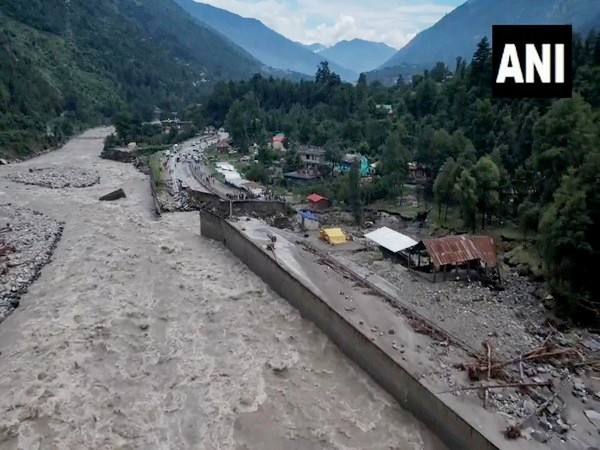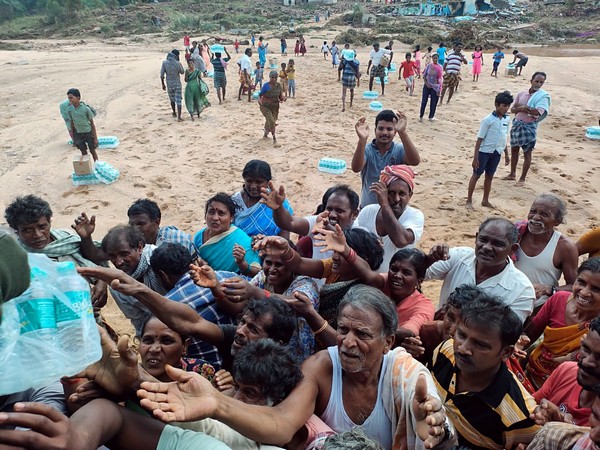As Pakistan struggles to deal with the unprecedented floods situation in the country, the World Health Organisation (WHO) has warned about the worsening situation in the country ravaged by the record rains.
“We are following closely and with deep concern the humanitarian crisis currently facing the people of Pakistan as a result of devastating monsoon floods,” said Dr Ahmed Al-Mandhari, WHO Regional Director for the Eastern Mediterranean, on the floods in Pakistan.
In a press statement issued on September 5, Dr Al-Mandhari said the current scale of damage and destruction due to the floods is like none seen before in Pakistan – a result of long-term global climate change leading to more severe weather conditions.
Tens of millions of people are now forced to use unsafe water, both to drink and for their daily needs; they are also exposed to the elements due to flood damage and destruction of their homes, and many are displaced.
This has resulted in increased exposure to diseases already circulating in the country, including acute watery diarrhoea, malaria, dengue fever, typhoid, measles and leishmaniasis, the WHO official said.
Early disease surveillance reports are already showing an increase in cases of diarrhoea, malaria and typhoid. Other diseases in the country, such as polio and COVID-19, are also at increased risk of spreading if the situation is not rapidly contained.
According to Dr Al-Mandhari, thousands of pregnant women have lost access to health facilities and services for safe delivery of their babies, increasing the risk of medical complications as their options are limited to delivery at home.
The WHO official said those needing medical attention for existing conditions will face diminished access, while tens of thousands of people, including children, need psychosocial support and mental health services to cope with the enormous losses they are experiencing and the destruction they are witnessing.
“With almost 10 per cent of the country’s health facilities damaged or destroyed, WHO has stepped in quickly to support the ongoing efforts of the Government of Pakistan and the Ministry of National Health Services Regulations and Coordination to ensure that the affected people have access to the essential health services that they need. Our goal is to prevent this natural disaster from evolving into a complex public health catastrophe that results in further unnecessary loss of life,” he added.
According to WHO, mobile health teams have been redirected to flood-affected areas to provide health and nutrition services for pregnant women, new mothers and their babies, and children.
The world health body added that more than 4500 medical camps have been set up by the Pakistani government, WHO and health partners to ensure that people have access to basic and essential health services. (ANI)


